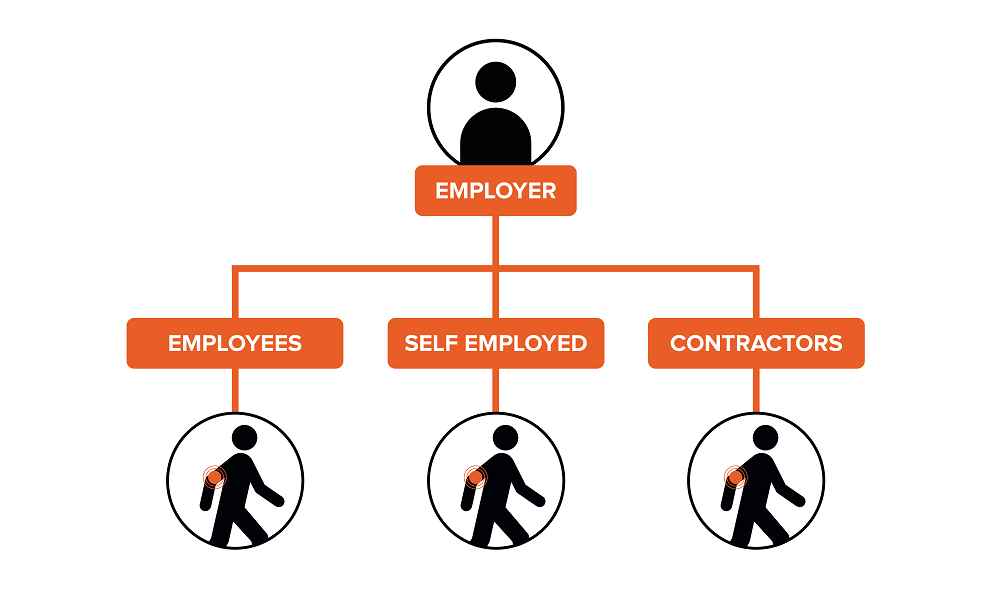Who is liable to protect lone workers?
The answer is both employers and the lone workers themselves. In this article we look at who has responsibility for health and safety, who is liable if risks are not properly assessed and what preventable measures of control should be implemented to keep both employers and workers safe.
Employer liabilities

As an employer you have responsibility for the health, safety and welfare of all your workers. This includes all employees, contractors and self employed staff who are working for you. You need to make sure they are protected from anything that may cause harm and you must do whatever is reasonably practicable to achieve this.
Failure to protect those in your care can result in fines up to £1 million or in some extreme cases you could face prison sentences. You need to comply with your legal duties towards any lone workers you have under:
- the Health and Safety at Work Act 1974
- the Management of Health and Safety at Work Regulations 1999
- the Corporate Manslaughter and Corporate Homicide Act 2007 (in the worst case scenarios)
To protect your business and your workers you must be able to follow the health and safety guidelines set out by HSE.
Individual lone worker responsibilities

Whether you are an employee, self employed or a contractor you have a duty of care to yourself and others who may be affected by your work. You should:
- Comply with any reasonable instructions, policies and procedures set out by an employer.
- Make sure you stay up to date with all health and safety advice and request updates regularly.
- Undertake all relevant training and demonstrate you have completed it successfully (e.g. provide a log book).
- Contribute your own knowledge and experience to risks assessments and then comply with them and all other site safety rules.
- HSE advise you must provide constructive feedback to your employer on site practices and any changes that may present risks to yourself or others. This is extremely important as it will enable updates to be made quickly to ensure everyone is protected while working. Any incidents or near misses on site should be quickly reported and logged to inform future updates.
- It is important to discuss any health conditions you have with your employer. HSE advise that whether it be an underlying physical condition, making you a ‘higher risk’ worker, or your mental health, which impacts on stress and your ability to cope with the changes, both are equally valid reasons and should be raised so that your employer can help you. Lone working can be difficult and your health influences your ability to carry out your tasks well.
How Trackplot can help
Creating a sensible approach to health and safety requires an understanding of legislation and responsibilities supported by sound policies and practical actions. Read the following pages to understand what this means for you:
